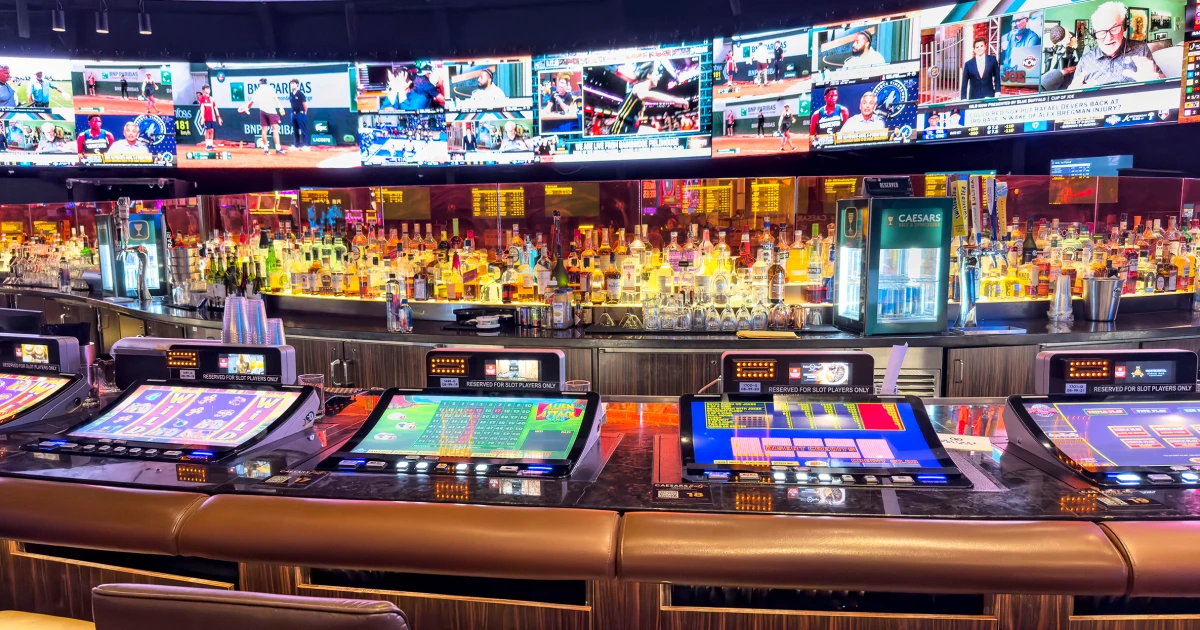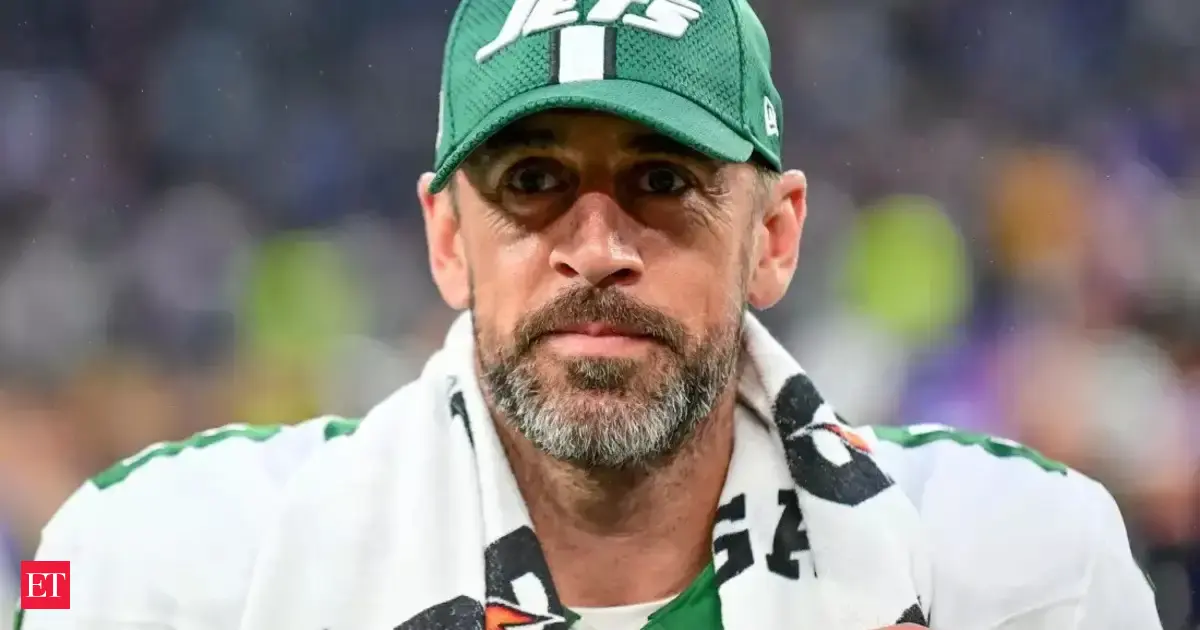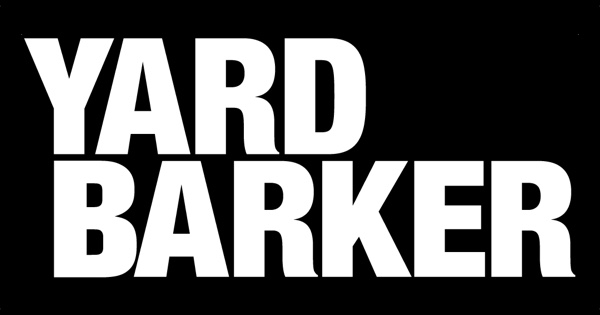Copyright MSNBC

After the shocking arrest last week of Miami Heat guard Terry Rozier for allegedly feigning an injury to fix the outcome of a bet, I phoned two people who’ve spent years working in what’s called “integrity monitoring.” For a long time, it has seemed likely that more athletes would try to bet on themselves, and I wanted to know whether leagues, sportsbooks and their integrity-monitor partners are equipped to stop them. Integrity monitors such as Sportradar and Genius Sports are responsible for flagging sports gambling-related corruption, so I was alarmed to hear both of the men I phoned used the same expression to describe a fundamental defect in that oversight: “A fox in the henhouse.” The gambling industry heaps praise on “independent game integrity monitors,” and some states require that sportsbooks partner with one of these “independent” companies to help detect suspicious betting activity. In truth, integrity monitors are deeply entangled in the business of bookmaking, which poses a serious conflict of interest; they are hardly independent. Because of that, how confident can we be that integrity monitors would bring to light another gambling scandal that would embarrass sportsbooks and sports leagues, with which they have deals worth billions of dollars? It’s hard to overstate the importance of Sportradar and Genius Sports in the explosion of sports betting across the country. As I report in my forthcoming book, “Everybody Loses: The Tumultuous Rise of American Sports Gambling,” representatives of the gambling industry and London-based Genius Sports met secretively with leaders of the NFL, MLB, NHL and NBA about a decade ago, back when those leagues were vehemently opposed to gambling. Around the same time, several owners of NBA teams invested in Sportradar. Those companies convinced the leagues that they could cash in on legalization while maintaining that they were only seeking to protect their sports, arguing that regulated wagering would be easier to monitor than anything happening under the table. Integrity monitors are deeply entangled in the business of bookmaking, which poses a serious conflict of interest; they are hardly independent. After the landmark 2018 Supreme Court decision enabled states outside Nevada to legalize bookmaking, the leagues, particularly the NBA and MLB, were heavily involved in lobbying states to pass legislation — and quickly. The leagues initially wanted sportsbooks to pay them a hefty “integrity fee,” but when this encountered resistance, they settled for state-level requirements that sportsbooks pay leagues for “official data.” Sportradar and Genius Sports charge a handsome fee to distribute that data. These real-time game statistics are mainly useful because they help sportsbooks offer thousands of prop bets for every game, including “live” bets right down to the outcome of the next play. Gamblers stack together props to form parlays, which are much more profitable for the house than traditional “straight” bets. Parlays account for roughly 30% of money wagered on sports but generate 60% of sportsbooks’ gross revenue, the longtime gambling industry analyst Alfonso Straffon estimates based on state data. But it’s much easier to fix the outcome of a prop — like how many assists a player like Terry Rozier dishes out — than who wins a game. In other words, bookmaking is getting more profitable at the expense of making sports more corruptible. The game that Rozier stands accused of manipulating happened back in 2023. ESPN reported in July that almost immediately after it happened, another integrity monitor, U.S. Integrity (since renamed IC360) flagged an unusual flurry of wagering — about $260,000 — on Rozier to go “under” his prop betting lines for points, rebounds and assists. But the NBA ultimately allowed Rozier to keep playing, and it took a sprawling FBI investigation to bring about his arrest. A U.S. Senate committee sent a letter this week to NBA commissioner Adam Silver asking why so much time passed without the league taking action. It seems a somewhat fluky series of events led the FBI to Rozier and Portland Trail Blazers head coach Chauncey Billups, who is accused of tipping gamblers that key players on his team would be sitting out a game before that became public (though he was arrested last week for something unrelated: his alleged involvement in rigged, mob-run poker games). Previously, law enforcement officers have expressed frustration that the gambling industry is largely responsible for self-policing. In 2023, for example, Iowa prosecutors brought criminal charges against a few dozen athletes and team support staff at Iowa State and the University of Iowa for illegally betting on sports. (Nobody was accused of manipulating games.) Most of the felony cases were eventually dismissed, however, because investigators relied on geolocation data obtained without a warrant to identify who was improperly betting with FanDuel and DraftKings. Sportsbooks collect that data on all customers, which helps them spot illegal betting, but “there is nothing ensuring compliance except for the sportsbooks’ pinky promise,” an Iowa law enforcement source told ESPN. “There’s no teeth.” The relationship between leagues, sportsbooks, integrity monitors and state and federal law enforcement is convoluted, a downside of regulating sports gambling on a state-by-state basis. Responding to the recent indictments, Adam Silver said it demonstrates the need for federal regulation. But there are slim odds that Congress will pass sports betting legislation anytime soon, and, again, the NBA was heavily involved in lobbying statehouses to authorize bookmaking. “It is pure hypocrisy,” Minnesota state Sen. John Marty, a member of the Democratic–Farmer–Labor Party who opposes gambling expansion, told me. There are slim odds that Congress will pass sports betting legislation anytime soon. It would seem that government-run integrity monitoring would be less prone to conflicts of interest, something that’s been pursued in Greece and Italy. I asked Chris Kronow Rasmussen, a Danish expert in preventing financial crime and match-fixing, whether another solution might be to require that private companies providing integrity monitoring be strictly confined to that task, rather than also offering bookmaking services. “Of course,” he replied. “I doubt they would earn money, though, because no one would really want to pay for it.” And there lies the problem. States authorized sports betting based on a pinky promise that gambling operators and their integrity monitor partners would flag misbehavior, even though doing so would undermine their profits. That’s an awfully risky gamble.



